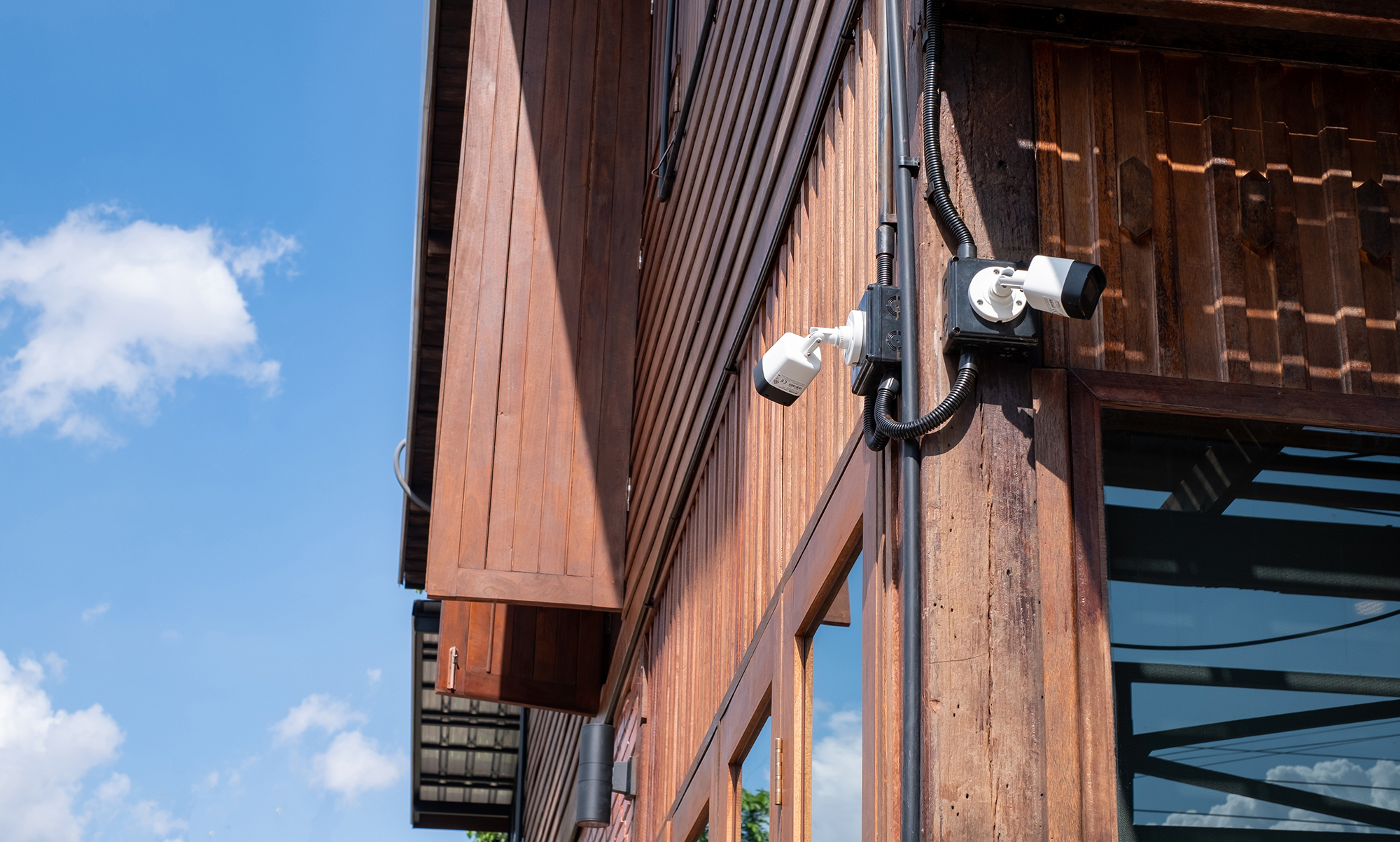Whether your home is a sprawling estate, a house in the suburbs, a high-rise condominium unit, or a tiny apartment, effective security requires precautions beyond locking the door. The solution is to make your home a fortress. Luckily, much of this can be a DIY project.
Digging a moat around the house may seem like a great idea, but Gene Petrino, co-owner of Survival Response and a former SWAT commander with 30 years of law enforcement experience, has a better suggestion.










